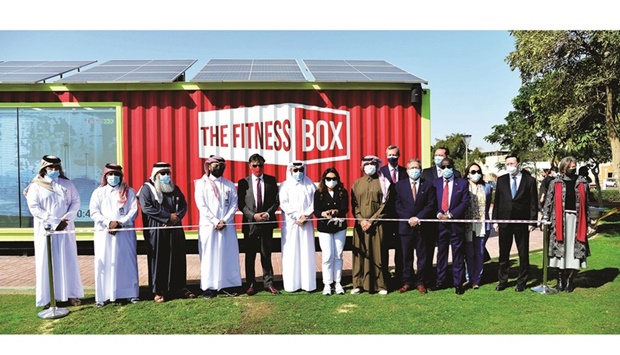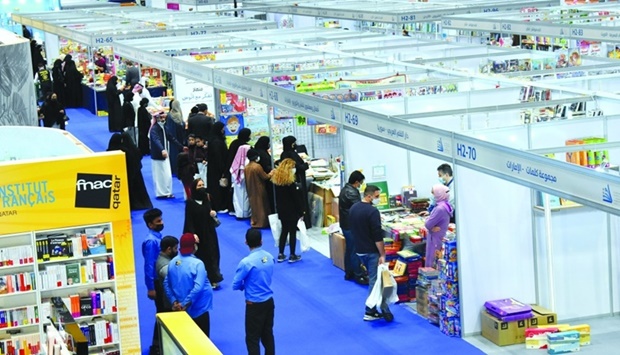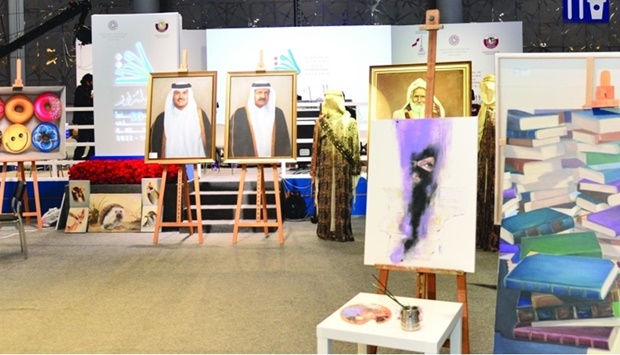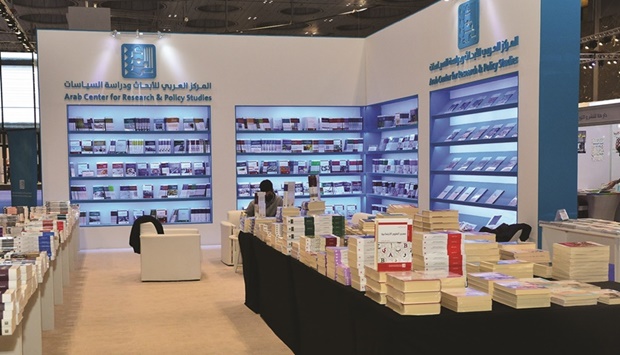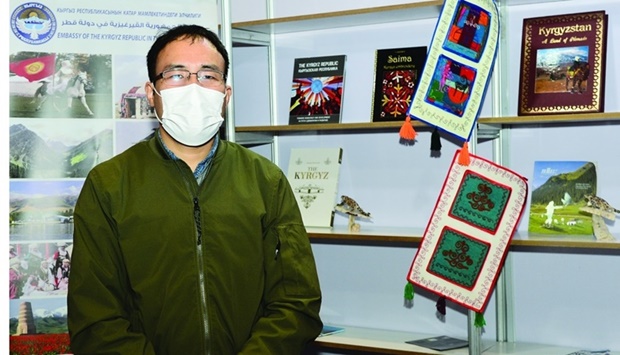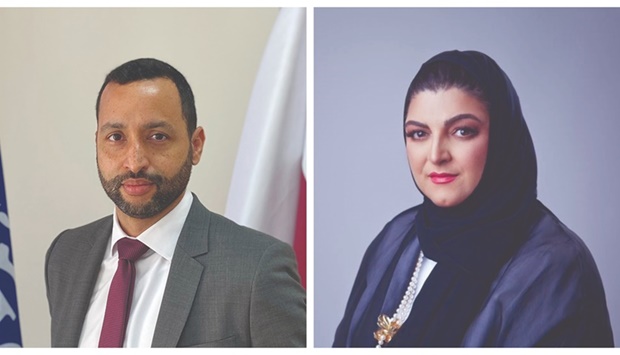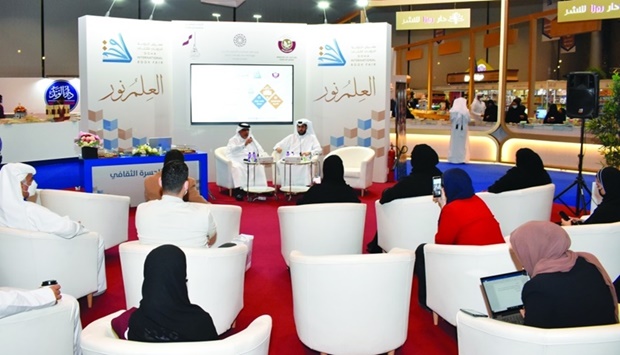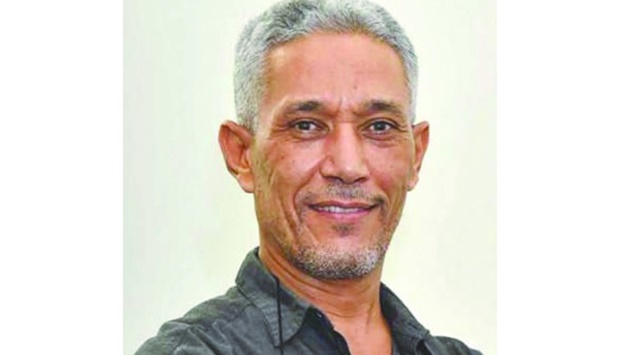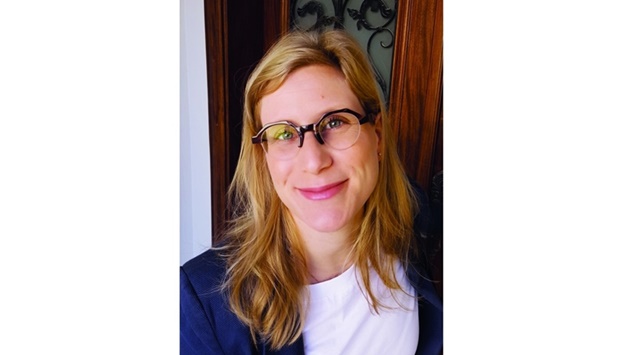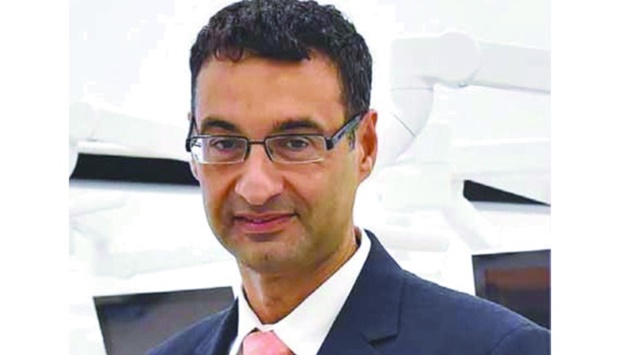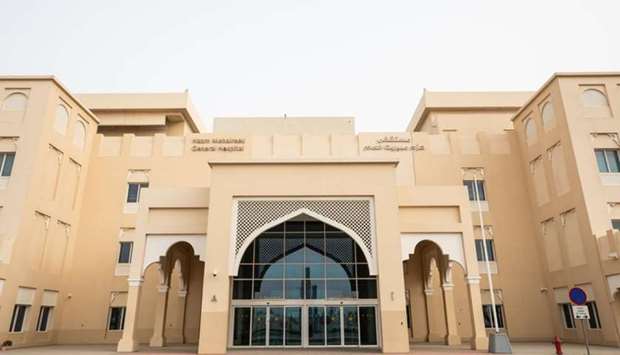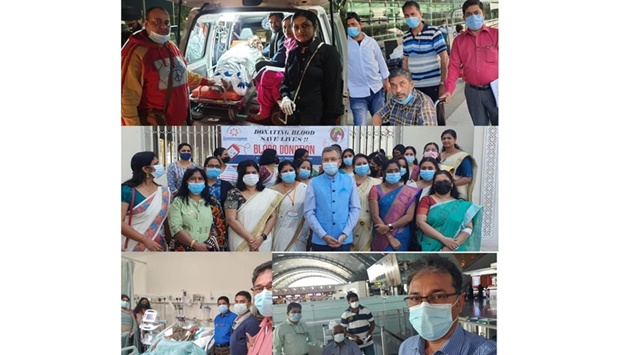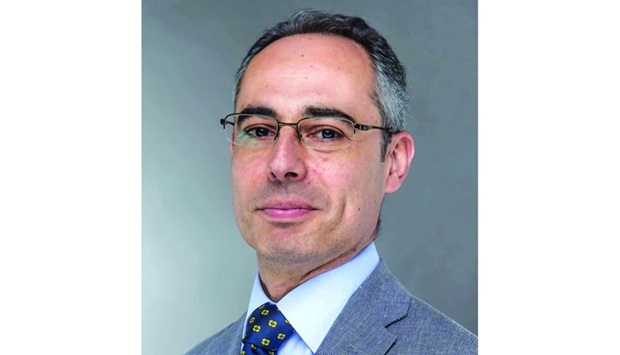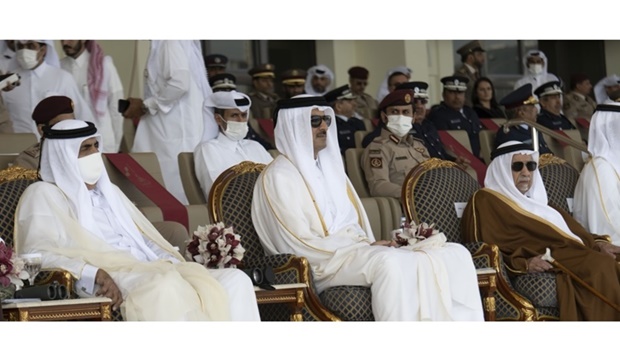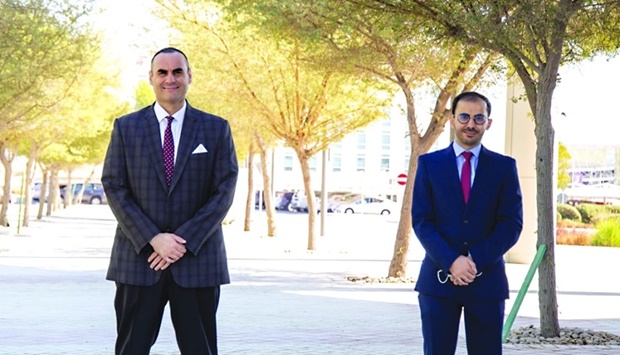An innovative concept in health, Fitness Box, was launched yesterday by Sahtak Awalan – Your Health First in co-operation with the Public Parks Department of the Ministry of Municipality. Sahtak Awalan – Your Health First has been the flagship public health campaign of Weill Cornell Medicine-Qatar (WCM-Q) since 2012. Initially, two venues – Al Rayyan Park (Green Carpet) and Airport Park (Old Airport area) – are hosting sustainable, solar-powered Fitness Box installations crafted from upcycled shipping containers and equipped with giant screens to broadcast free fitness classes led by internationally renowned instructors to the community. The Fitness Box classes are being run from Sunday to Thursday (from 3pm-9pm), on Friday (from 7am-11am and from 3pm-9pm) and on Saturday (from 7am-9pm). More Fitness Box installations will be rolled out at other parks and venues across Qatar, giving more people access to healthy exercise classes. The launch event took place at Al Rayyan Park (Green Carpet) in the presence of a large number of dignitaries, with a live demonstration of the programme. The attendees included Public Parks Department director Mohamed Ali al-Khouri, Al Rayyan Municipality director Jaber Hassan al-Jaber, Public Parks Department assistant director Mohamed Ibrahim al-Sada, ExxonMobil Qatar vice-president and government affairs director Saleh al-Mana, Al Rayyan Municipality services affairs director Rashid Hamad al-Marri, Al Rayyan Municipality head of the Gardens Section Saleh Saad Alnabit, and WCM-Q dean Dr Javaid Sheikh. Speaking to *Gulf Times, Dr Sheikh said: “This is another project to help transform the health and wellness of the population of Qatar and make it a role model for the rest of the world.” “We are planning to replicate this project in other parks and it is already available in the Old Airport Park,” he said. “We will launch it in Qatar Foundation next week and are planning for a quite few places in the coming days.” “This facility offers everyone to get health tips for free,” Dr Shaikh added. “There will be video lessons in fitness, and all these venues are accessible to all the population. They can engage in the activities according to their convenience." The Fitness Box provides free exercise workouts, and the locations in parks provide a safe open-air space that allows participants to maintain social distancing while watching the fitness instructors on the giant screen. Each fitness class has been designed by popular fitness instructors according to criteria set out by Your Health First, with a focus on accessibility for all members of the community, no matter their age or fitness level. Classes are offered in three languages – English, Arabic and Urdu – to further enhance accessibility. Nesreen al-Rifai, chief external affairs and development officer at WCM-Q, said: “We know that Qatar places a very high priority on empowering the future generation to stay fit and healthy so they can contribute to Qatar’s amazing national journey as they grow older.” “With the Fitness Box, we are bringing opportunities for exercise and inspiration directly to the community, giving everyone the chance to come together to enjoy keeping fit in a sustainable way,” she added. Public Parks Department director al-Khouri said: “This collaboration with Sahtak Awalan – Your Health First is part of our recognition of the importance of social responsibility in which all efforts are united toward Qatar National Vision 2030.” “This excellent initiative supports the Ministry of Municipality’s goals to collaborate with health and sports entities to develop the entertainment areas at the public parks in order to encourage park visitors from all different age groups to exercise,” he added. “We are extremely proud and pleased to be part of this very important initiative that will allow our beautiful Al Rayyan Park to support the health of the community by hosting the Fitness Box,” Al Rayyan Municipality director al-Jaber said. “Giving people of all ages the opportunity to exercise in the fresh air and healthful surroundings of Al Rayyan Park will make a wonderful contribution to making Al Rayyan a healthy city and, therefore, will help us achieve the goals set out in Qatar National Vision 2030.” Sahtak Awalan – Your Health First is supported by its strategic partners: Qatar Foundation, the Ministry of Public Health, the Ministry of Education and Higher Education, the Ministry of Municipality, the Ministry of Environment and Climate Change, and ExxonMobil Qatar.

Joseph Varghese
A journalist with a penchant for reporting events, Joseph Varghese digs deep to unearth facts. With several years of experience, including at Gulf Times, Joseph handles health, science and technology, IT and education in addition to everyday developments.
Most Read Stories
1

